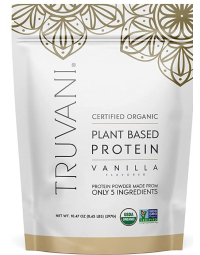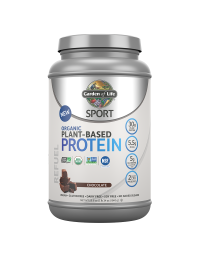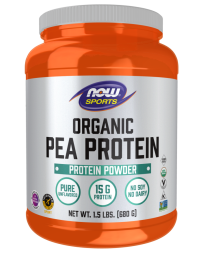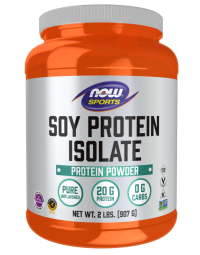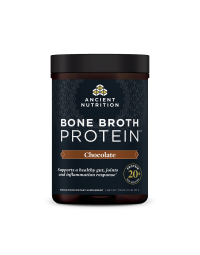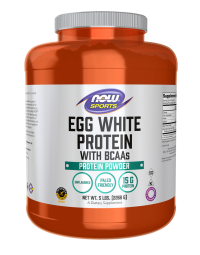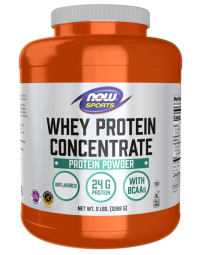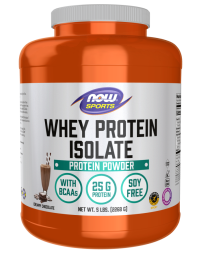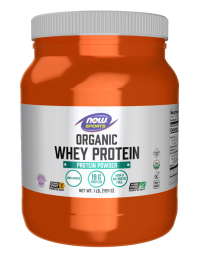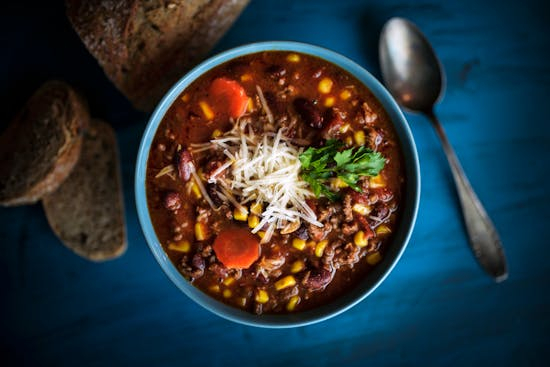Did you know that every cell in the human body contains protein? Today on the Fruitful Life, we’re going to break down the importance of protein and the differences between plant and animal protein.
We’ve all heard of the importance of protein, but did you know its functions go far beyond muscle building and repair? Proteins are made of “building blocks” called amino acids. Adequate protein intake is necessary for maintenance and repair of the body, hormone building, enzyme production, energy, and so much more! It is recommended for an average adult to consume about 0.36-0.55 grams of protein per pound and this number can rise for individuals who are very active. Protein is available in both plant and animal forms, and we will break down the major differences below!

Plant Protein
Whole plant foods contain varying amounts of protein along with other important vitamins and robust nutrients. Some dietary plant options naturally higher in protein include quinoa, beans, lentils, chickpeas, soybeans, and broccoli. Plant options have become popular over the last few years because they also offer a dietary source of fiber, which is lacking in the Standard American Diet or SAD. Furthermore, plant protein can take around 1-2 hours to absorb so that’s important to note for those with busy lifestyles!
When considering plant protein, it is crucial to look for a source that offers all essential amino acids. There are nine essential amino acids that our bodies cannot produce on their own and are necessary for human health. A few plant proteins that offer a complete amino profile include quinoa, buckwheat, soy, and hemp. It’s not uncommon to find a protein that features a blend of plant options to provide a full amino profile!
If you have never tried a plant protein option, we want to offer some of our personal favorites. Those looking for a smooth and creamy, minimal-ingredient option will love Truvani’s Vanilla Plant Protein Powder which features 20 grams of protein per serving. Active individuals may benefit from a protein with additional benefits, such as the Garden of Life Sport Organic Plant Protein, which contains ingredients such as tart cherry for muscle recovery. For a simple option, Now Foods offers one-ingredient plant options, like Now Foods Organic Pea Protein or Soy Isolate in various flavors.

Animal Protein
One of the main differences between plant and animal protein is that animal protein is complete protein. As mentioned above, it is possible to get all necessary amino acids from plant food, you may just need to eat a few different plant options to achieve that. Animal protein also tends to be quicker to absorb, with whey protein taking as little as 15-30 minutes to absorb, while other animal proteins can be around 30-40 minutes. Additionally, animal protein sources also provide vital nutrients like vitamin B12.
It’s important to note that not all animal protein is equal. Ultra-processed animal products, like chicken nuggets and hot dogs, contain high levels of sodium and unhealthy fat. On the other hand, grass-fed meat, organic chicken, wild-caught seafood, and good quality eggs and dairy are great options for optimal protein intake. Whey protein is a popular protein option that is one of the main proteins found in dairy products and is a byproduct of the cheese-making process.
Simply Tera’s offers an organic whey protein with low sugar in fun flavors such as Bourbon Vanilla. Additionally, Ancient Nutrition’s Chocolate Bone Broth Protein is paleo-friendly but it's important to note that it is not a complete protein so it could easily be paired with a whey protein in a smoothie. For those looking for a vegetarian option, Now Foods Egg White Protein is a single ingredient protein featuring 16 grams protein per serving. Lastly, Now Foods offers a wide variety of whey protein such as Whey Protein Concentrate, Whey Isolate, and Organic Whey options in both creamy chocolate and vanilla.
With so many protein types to choose from, we hope this helps to better break down the differences between plant and animal protein. It’s always important to eat a variety of protein types to ensure you are providing your body with the proper amino acids needed for optimal health!

